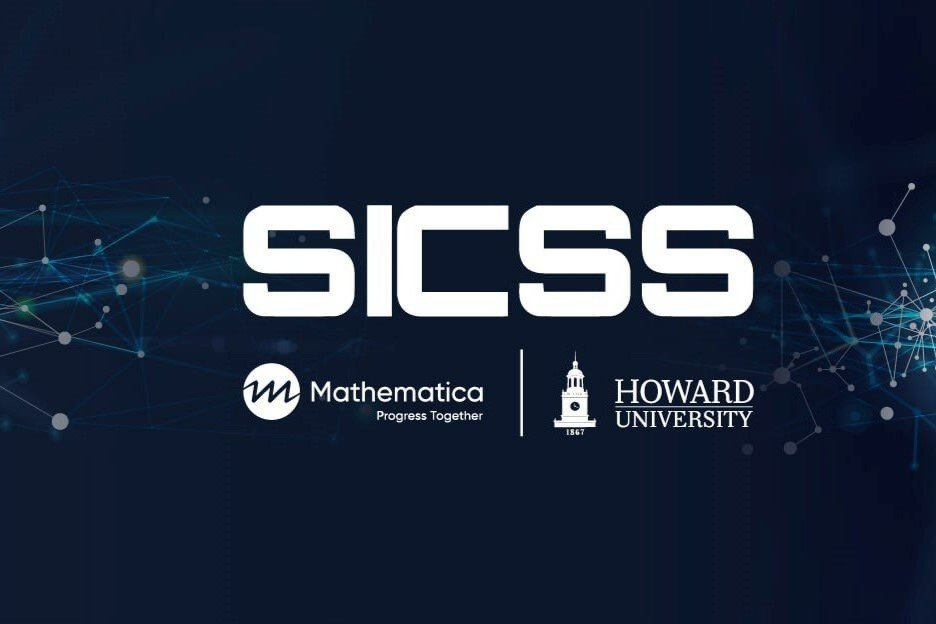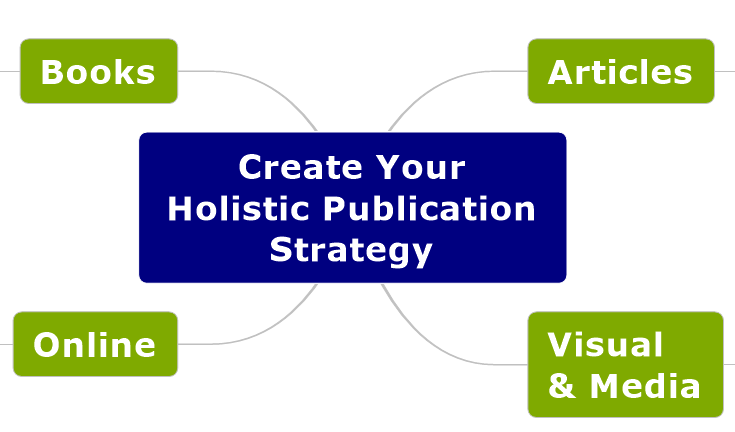Methodspace 2022 in Review
Let’s look back at 2022 on Methodspace.
Relevance: A close connection with the subject you are discussing or the situation you are in. The fact of being valuable and useful to people in their lives and work
— Oxford Advanced Learner's Dictionary
Research<>Relevance was the overarching theme for 2022. How can social research help to build understandings, new policies and practices, and innovative solutions for contemporary problems? What are our responsibilities as researchers, academics, teachers, mentors, writers, and thought-leaders?
Each month we explored a different research topic through contributions that included guest posts, video or written interviews, or curated collections of open-access resources. Mentors in Residence added substantial content in their respective areas of expertise. Webinars allowed us to interact in real time, and respond to questions during the event and afterwards in follow-up posts.
Explore 2022!
In addition to highlighted posts, click to access everything from each month’s collection. If you want to purchase SAGE research books mentioned on Methodspace, use the code MSPACEQ123 for a 20% discount valid until March 31, 2023.
January Be relevant in 2022
See Scholarly journals: What is next? for interviews with the editors of four SAGE journals: International Journal of Qualitative Methods, Big Data & Society, Social Media + Society, and Research Ethics
February Cross boundaries with multi/inter/trans/disciplinary research
Mentor in Residence: Gjoko Muratovski and guest contributors, director, faculty, students and alumni from Duke University’s Bass Connections
See Interdisciplinary Faculty-Student Research for an interview with Laura Howes, Duke University Bass Connections Director and Ed Balleisen, Vice Provost for Interdisciplinary Studies. This series of posts offers examples and resources for teaching, learning, and practicing interdisciplinary research.
March Be courageous: Studying sensitive, political, or hot-button issues
See Understanding Cultural Issues in Research Design: A Webinar Panel with Rebecca Y. Bayeck, Spencer P. Greenhalgh, Arceli Rosario and Tutaleni I. Asino, and Research Across Cultures: Interview with Safary Wa-Mbaleka
See Compassion Fatigue: The Potential Impact of Sensitive Research on the Researcher, and Online Interviews about Sensitive Topics
April Be expansive: Research outside academia
Mentor in Residence: Helen Kara
See an interview with Dr. Kara Bridging Qualitative and Quantitative Methods, and read Writing Qualitative Research for Quantitative Researchers
May Evaluate success: Real-world research
Mentor in Residence: Michael Quinn Patton
See Interview on Evaluation with father and daughter team Patton and Patton
June Stay current with research trends & emerging methods
Mentor in Residence: Janet Salmons
See: Authors Discuss Emerging Qualitative Online Methods with Trena Paulus, and Qualitative online research… what is emerging?
July Studying generations: Research with children, youth, or elderly participants
Mentors in Residence: Jessica Lester and Michelle O’Reilly
See: Research with Children: An Interview with Lester and O’Reilley and Ethical Considerations for Interactional Research with Children
August Be an ethical researcher
See: Research Ethics in an Ethics-Challenged World, Culturally Responsive Research Ethics, and Teaching Research Ethics Creatively
September Be inclusive, aware and culturally competent
Mentors in Residence: Safary Wa-Mbaleka and Arceli Rosario
See: Culture and Research: Views from September’s Mentors in Residence and Contributors Comment about Qualitative Research in an Asian Context
October Be collaborative: Research & write collaboratively
See: Inspiring Collaboration, an interview with Julie Reeves, and Collaborative Writing (on a Book about Collaboration!), an interview with Narelle Lemon
See: Overcoming Barriers to Successful Collaboration, Our future will demand interdisciplinary collaboration. How do we prepare faculty and students for that emerging world? and Using Universal Design for Learning to Foster Inclusive Student Collaboration
See: What’s next for #AcademicTwitter? an interview with Dr. Stu Shulman
November Make a contribution: Academic Writing Month
Mentor in Residence: Michelle Boyd
See: How Academic Writing Coaches Get Unstuck, webinar recording with Michelle Boyd, Leslie Wang, and Cathy Mazak, and The stories we tell ourselves to get unstuck
See: Managing and Writing the Doctoral Thesis or Dissertation, an interview with Linda Bloomberg
See: The Writing Life Beyond Career Requirements, an interview with Virginia Yonkers
December Be creative
See: Graphical Vignettes for Studying Sensitive Issues, an interview with Daria Khanolainen
See: How telling one person’s story can represent the voices of many Marta Eichsteller and Creative Uses of Biographical Research Methods, an interview with Marta Eichsteller and Howard Davis
See: Video Data Analysis: How 21st century video data reshapes social science research, by Nicolas M. Legewie and Anne Nassauer



















This blog post is the eighth, and final, post in a follow-on to our 2021 “The future of computational social science is Black” series, about a Summer Institute in Computational Social Science organized by Howard University and Mathematica. It continues to bring the power of computational social science to the issues of systemic racism and inequality in America. This marks the third iteration of the successful SICSS model being hosted by a Historically Black College or University.